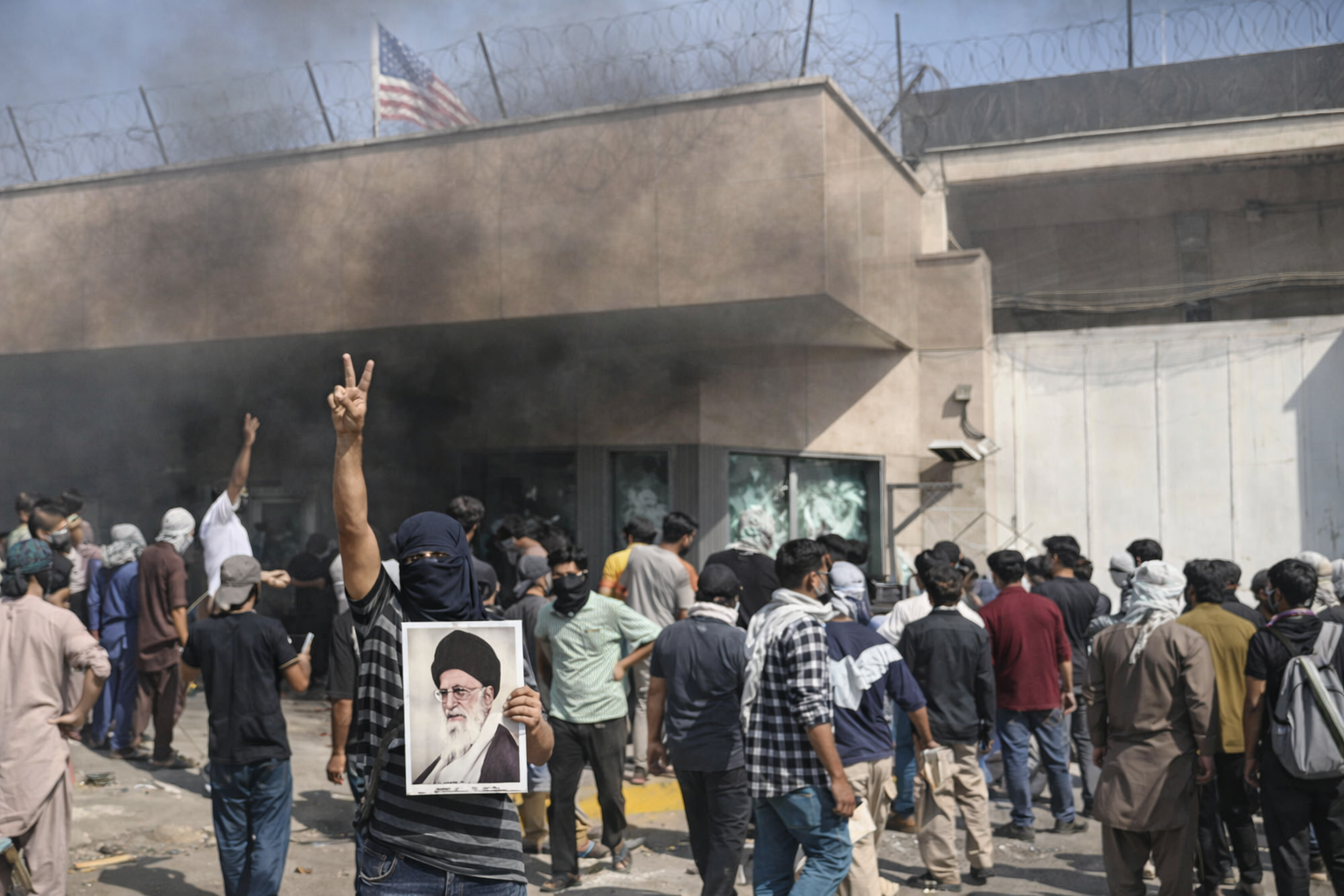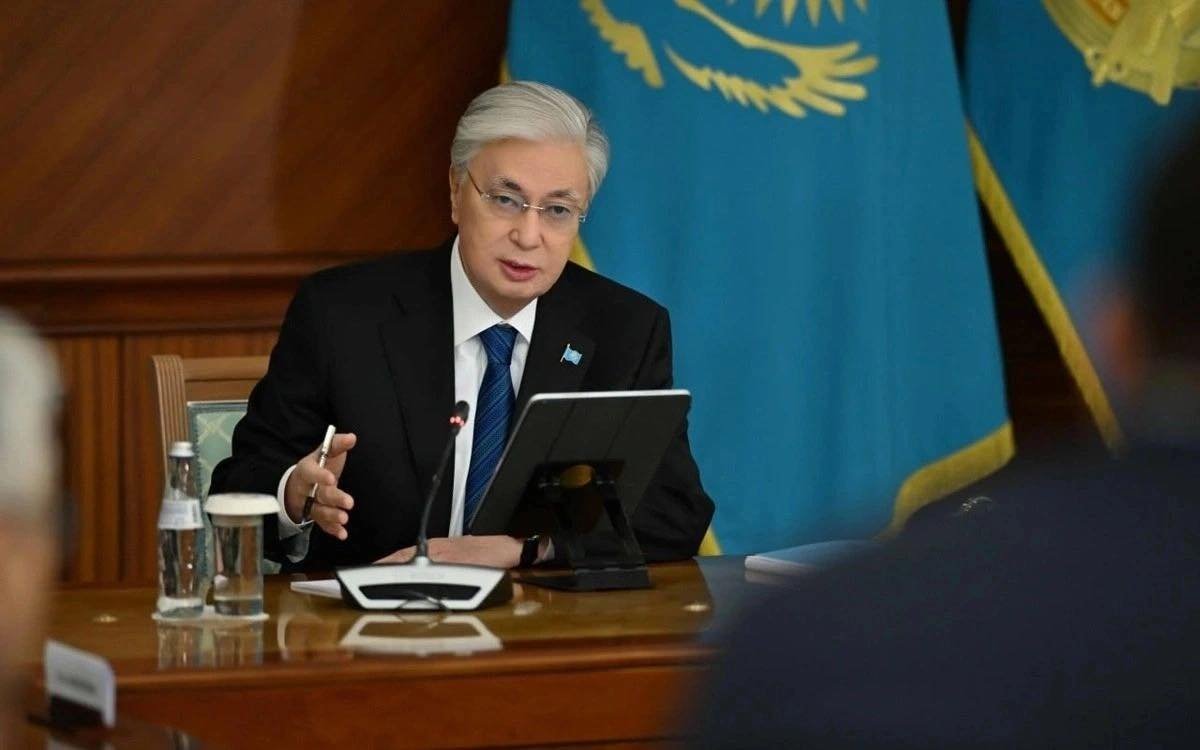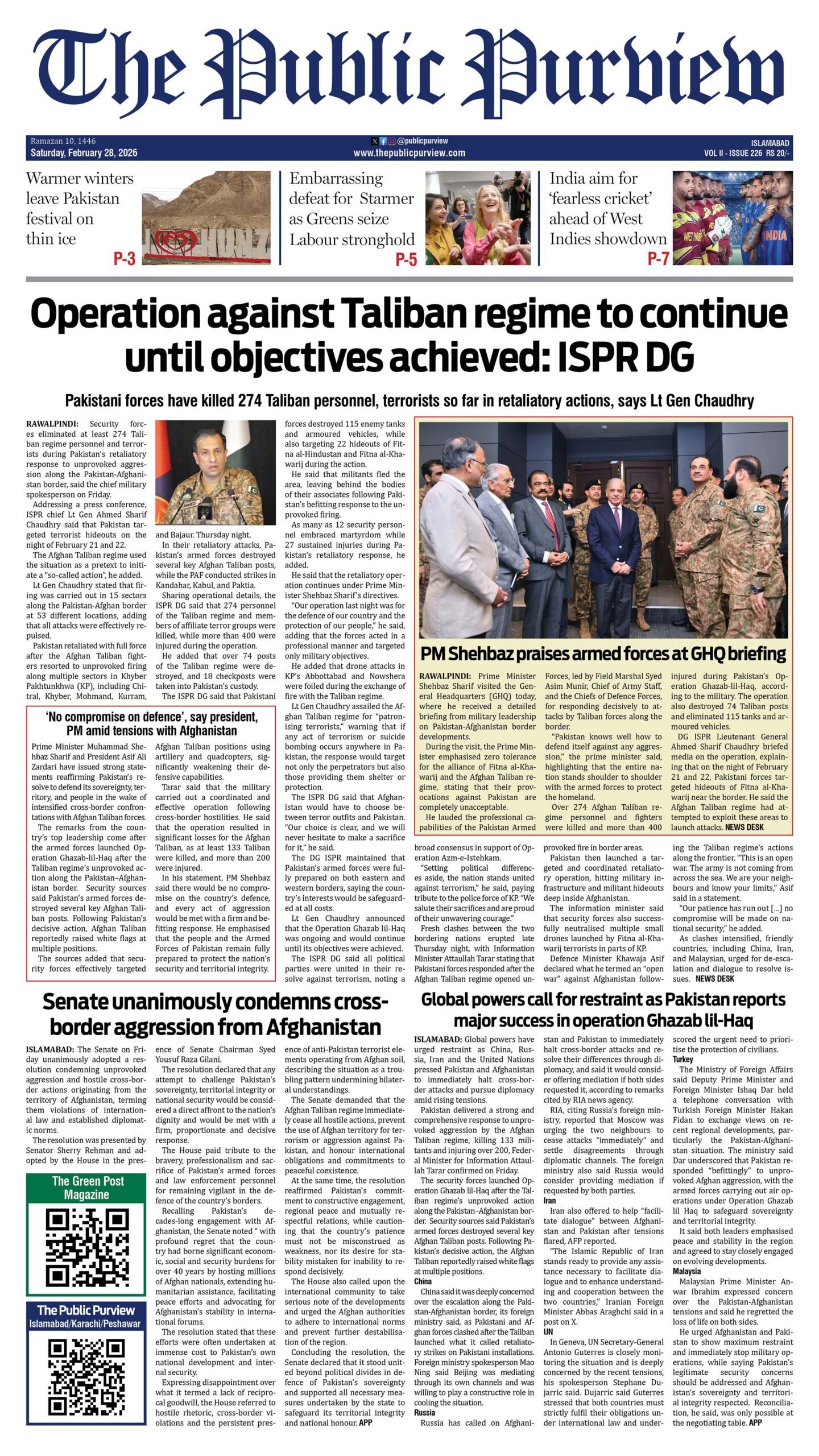On the occasion of the International Day against drug abuse and Illicit Trafficking, Prime Minister Muhammad Shehbaz Sharif and President Asif Ali Zardari have sent a strong and unified message: the fight against drug abuse is not optional it is essential for the future of Pakistan. Their statements, delivered in separate messages, highlight the severity of the drug menace and the need for a united, multi sectoral response to eliminate it.
Both leaders acknowledged the persistent and evolving challenges posed by drug abuse and illicit trafficking in the country. Drug addiction not only damages individual lives but also tears at the fabric of families, communities, and national productivity. In a society where a significant portion of the population is under 30, the stakes are even higher. If left unchecked this crisis could undermine decades of development and destroy the potential of Pakistan’s youth.
Prime Minister Shehbaz Sharif rightly recognized the critical role of collective will in this struggle. While the government continues to take steps through policy reform, enforcement, and rehabilitation initiatives he made it clear that these efforts will bear fruit only when supported by individual’s communities and institutions working together. Drug addiction cannot be addressed solely through crackdowns and laws; it requires a shift in societal attitudes broader awareness and robust community support systems.
He also emphasized that drug abuse and trafficking are not only violations of Pakistan’s domestic legal framework but also contravene the country’s international obligations. Pakistan as a responsible member of the global community, is committed to taking effective action against drug trafficking networks and upholding treaties related to narcotics control. In this regard Prime Minister Shehbaz expressed deep respect for the sacrifices made by Pakistan’s law enforcement agencies, particularly those who have laid down their lives in the battle against narcotics.
President Asif Ali Zardari echoed similar sentiments and highlighted the frontline role played by the Anti-Narcotics Force (ANF), which functions under the Ministry of Interior and Narcotics Control. He praised the ANF’s efforts in dismantling drug networks and curbing the movement of illicit substances across borders. Zadar’s comments reflect a growing recognition that enforcement alone is not enough. He focused particularly on the urgent need for education and awareness especially among youth regarding the dangers of drug use.
Zadar’s call for increased public awareness campaigns and educational programs speaks to a larger truth: prevention is always more effective and humane than cure. By investing in awareness efforts, the government can stop drug abuse before it begins, rather than merely responding to its tragic consequences. This approach requires collaboration not only from state institutions but also from civil society, educators, parents, and even the private sector.
The leaders’ messages serve as a timely reminder that the fight against drugs is not just the job of the police or the courts it is a national responsibility. Every citizen, whether an educator, employer parent or policymaker has a role to play. This also means strengthening our rehabilitation infrastructure to support those struggling with addiction and ensuring they are reintegrated into society with dignity and care.
Importantly both leaders paid tribute to the law enforcement personnel who have died or been injured while fighting this war. Their sacrifice must not go in vain. A drug free Pakistan is not merely a slogan it must become a measurable objective backed by consistent policies, adequate funding and above all a sense of shared national purpose.
In conclusion the call to action issued by the Prime Minister and the President must serve as a blueprint for Pakistan’s path forward. The war against drug abuse cannot be won in silos. It requires a collective commitment that cuts across political lines, social divisions and economic disparities. Let this day not only serve as a commemoration but as a catalyst for real, sustained change. A safer healthier drug free Pakistan is possible but only if we fight for it, together.







 Today's E-Paper
Today's E-Paper